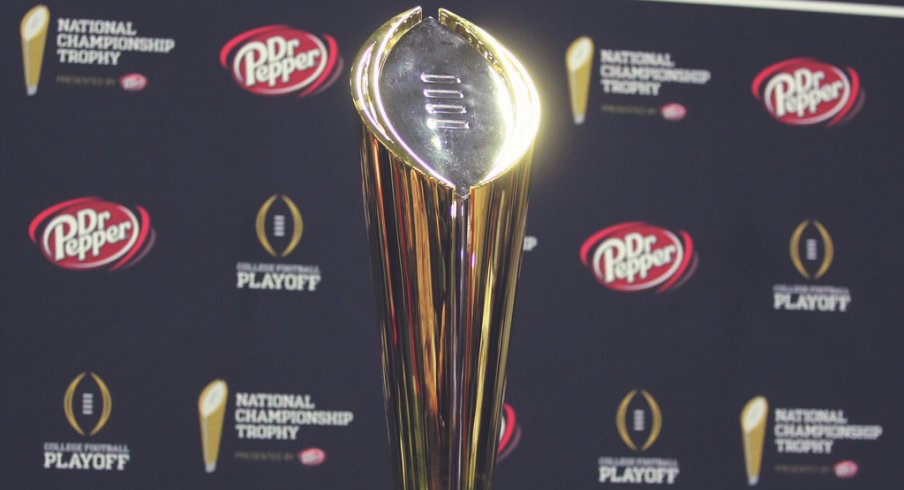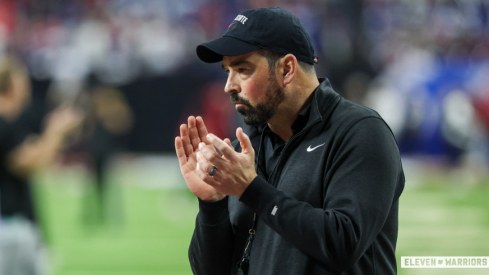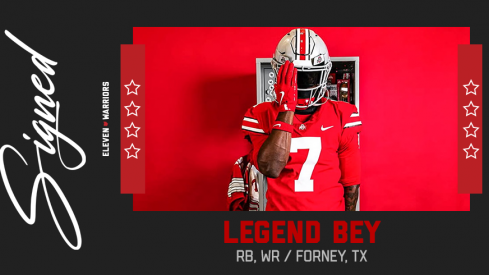If Ohio State were to win the 2016 College Football Playoff Title without winning the Big Ten, it would not be without precedent. Historically, a conference title has not been a requirement for a national championship.
As the Buckeyes appear to be on the verge of making the college football playoff without having a conference championship, we take a look back at national champions who did not win a conference title.
1936 Minnesota
A team winning a national title without winning its conference is not a new phenomenon. In fact, it happened in the AP Poll's debut season. The 1936 Minnesota Golden Gophers won the first-ever AP National Title, but they didn't win the Big Ten.

Minnesota finished the season 7-1 and 4-1 in the Big Ten, losing only to No. 3 Northwestern. The Wildcats also went 7-1, but unlike the Gophers went undefeated in the conference and won the Big Ten outright. Northwestern also won the head-to-head matchup, beating the Golden Gophers 6-0.
Northwestern had the better record and beat Minnesota on the field, but the ol' eye test gave the Gophers their third-straight Natty.
1942 Ohio State
This one hits close to home for Buckeye fans.

In 1942, head coach Paul Brown led Ohio State to its first national title in program history, finishing 9-1-0 with the lone loss coming at the hands of Wisconsin. The Badgers beat the Buckeyes 17-7 and had just one conference loss themselves, yet Ohio State won the conference and was named the AP National Champion.
To be clear, the Buckeyes did win the Big Ten. At 5-1, they technically had the best record in the conference, but only because Wisconsin played one fewer conference game. Still, it's a prime example of a team winning a national title over a comparable conference opponent that won the regular-season matchup.
Wisconsin finished the season as the AP No. 3 team in the country and was named the national champion by the Helms Foundation.
1951 Tennessee
The Tennessee Volunteers won their second overall and first undisputed national title in 1951, and they did it despite not having the best record in their own conference.
The Volunteers finished the season 10-1-0 overall and went a perfect 5-0 in the SEC. Meanwhile, Georgia Tech went undefeated on the season (11-0-1) while playing one more game than Tennessee and went undefeated in the conference (7-0) while playing two extra games. Unfortunately, the teams never met on the field.
They may not have won conference outright, but the Yellow Jackets were the easy choice for the Sugar Bowl bid, but Tennessee got the invite because of the eye test.
Also, they got dropped by Maryland 28-13 while Georgia Tech beat Baylor 17-14 in the Orange Bowl. Makes you think, for sure.
2011 Alabama
This is perhaps the most obvious example of a non-conference champion winning a national title.
LSU and Alabama met in their annual regular-season matchup as the No. 1 and No. 2 teams respectively in what was called "The Game of the Century." The Tigers came away with a 9-6 win in overtime, but ultimately that didn't matter.
Both teams won their remaining games and Alabama was ranked No. 2 in the final BCS Poll, earning the right to play LSU in the BCS National Title Game. The national championship was a rematch of a touchdownless regular season game.
Alabama, of course, won the rematch 21-0, after not winning their conference or division, and losing to the runner-up during the regular season.
Sure, it's common for the national champion to also be a conference champion, but it's never been a requirement.
Head-to-head results and conference championships have been overlooked numerous times throughout history in favor of resume or the eye test. The College Football Playoff Committee isn't just rewriting the rules.


